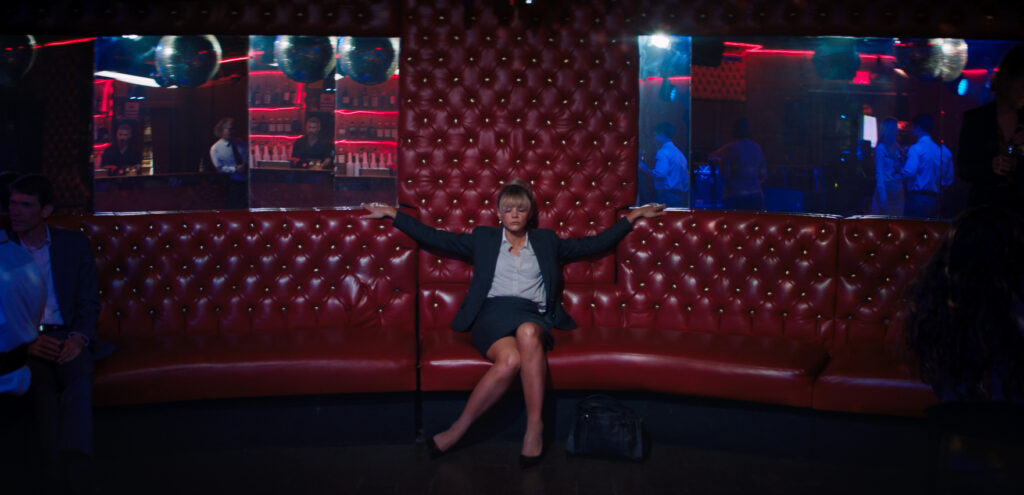In recent newsletters I’ve examined the role of courageous women such as Brittany Higgins, Saxon Mullins and Louise Milligan who are agitating for legislative and cultural change in order to protect the rights of women from what is clearly a persistently toxic patriarchy. This groundswell of unrest was clearly evidenced in the recent March4Justice rallies which were held throughout Australia.
But it is not only through political agitation that women’s rights are furthered. The arts, too, are part of the zeitgeist (the defining spirit or mood of a particular period of history as shown by the ideas and beliefs of the time) and with every major issue they become potent agents of change. Think of Kerouac’s On the Road, Lawrence’s Lady Chatterley’s Lover or Picasso’s Guernica – all exceptional works which mirror the mood of the times.
So it is not surprising that one of this year’s Oscar nominated films is Promising Young Woman starring Carey Mulligan and directed and written by Emerald Fennell. This is an obviously passionate movie made by two highly talented filmmakers who have put their shoulder to the wheel and said, “Bugger it, let’s not hold back, let’s make a feminist film and tell it like it is.”
Fennell’s story of a medical-school dropout (Cassie) who seeks revenge on behalf of her deceased girlfriend is told with a relentless series of bullseyes. Every scene is sharp and has a purpose, and black humour is often employed to relieve the tension. Mind you, I didn’t do a lot of laughing. Cassie’s schtick is to go out partying, feign drunkenness, allow herself to be taken home by a random bloke and then just before he is about to have sex with her – that is rape her – she suddenly reveals that she is stone, cold, sober. The bloke is generally frightened and pissed off and it’s clear that Cassie is playing a risky game. That Promising Young Woman and the issue of sexual consent is on message, not only in America but in Australia, gives this movie a powerful punch.
Another reflection of the zeitgeist is Debra Oswald’s novel The Family Doctor. As a successful screenwriter and creator of the popular TV series Offspring, Oswald has always been attuned to the zeitgeist and it is this ability to nail a cultural issue that has enabled her to stay relevant over a long career. Hence, in The Family Doctor she addresses a situation which goes to the heart of the matter – domestic violence. The essence of the story is a conundrum faced by a female doctor when an abusive husband walks into her practice. Aware that his wife and young son are at serious risk, the doctor has an opportunity to speed the husband’s end along under the guise of treating his heart condition.
While the bald facts of both the film and the book may seem crude, the artistic expression of both stories precludes any notion of simplistic drum beating. Both works of art are highly nuanced and feature great story telling. Furthermore, by going out on a limb both the film and the book reflect the utter frustration that has currently beset womankind.
This article has been prepared for information purposes only and is not legal advice. For legal advice regarding your specific circumstances, please contact WR Law directly on (03) 5499 6131 or by email at admin@wrlaw.com.au

